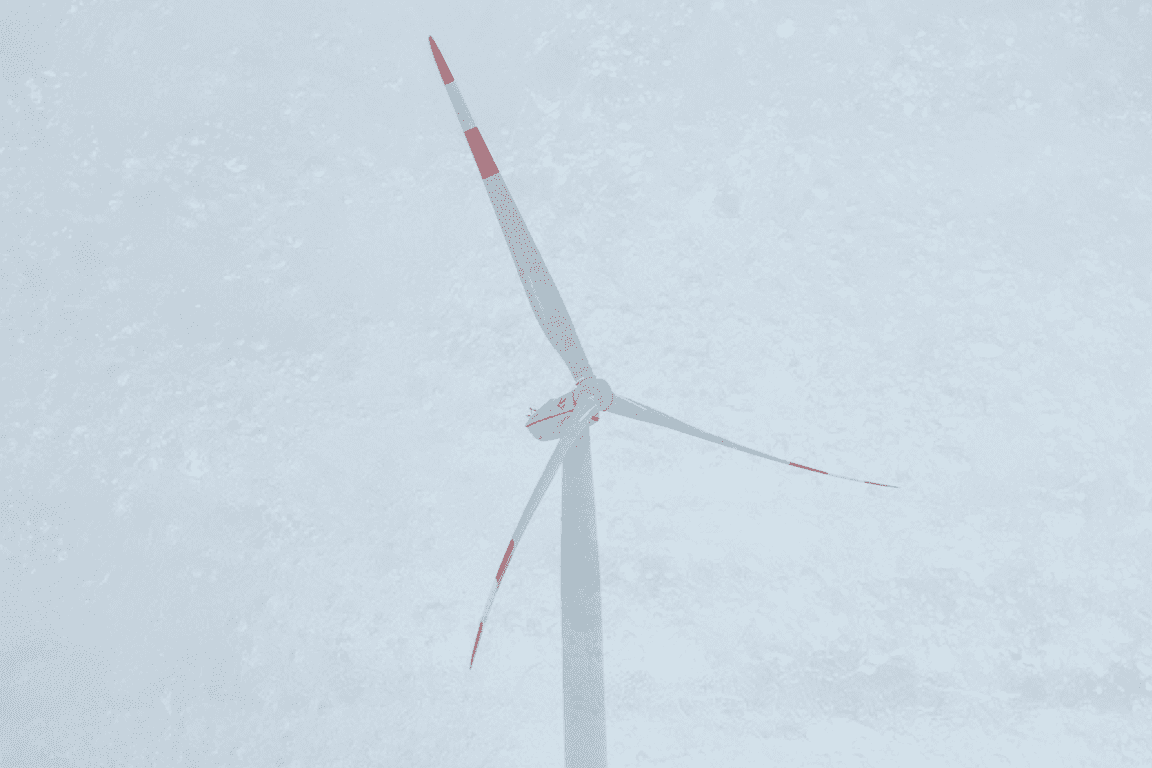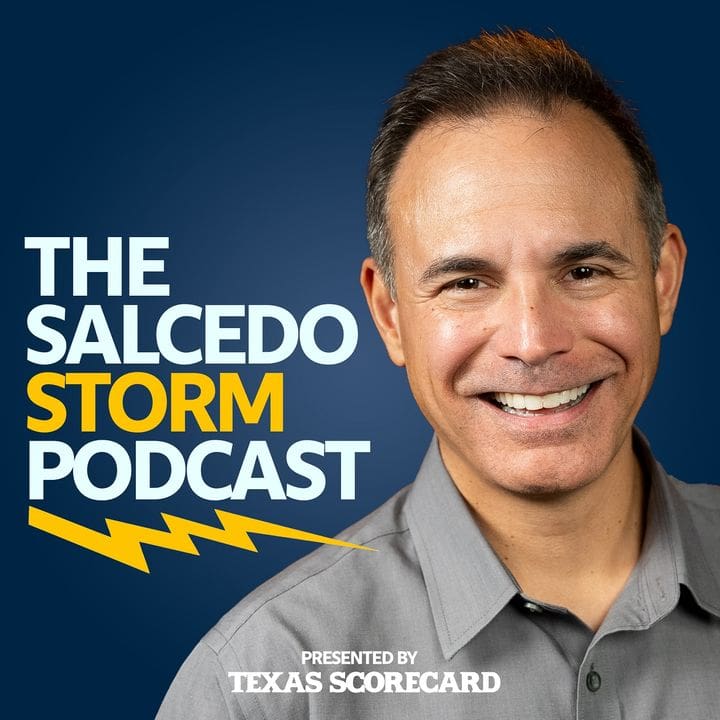Last summer, after facing criticism for the Legislature’s lack of action in addressing the root causes of the February 2021 winter storm blackouts that left millions of Texas households without power, Gov. Greg Abbott took action in a way that has become familiar for the state’s leader.
He sent a letter.
Specifically, Abbott sent a letter to the Public Utility Commission, urging them to take several actions to improve energy reliability. The PUC, which is appointed by the governor, oversees the Electric Reliability Council of Texas, the agency that manages the state’s power grid.
Among those recommendations were the following:
- “Streamline incentives within the ERCOT market to foster the development and maintenance of adequate and reliable sources of power, like natural gas, coal, and nuclear power.”
- “Allocate reliability costs to generation sources that cannot guarantee their own availability, such as wind and solar power.”
- “Instruct ERCOT to establish a maintenance schedule for natural gas, coal, nuclear, and other non-renewable electricity generators to ensure that there is always an adequate supply of power on the grid to maintain electric service for all Texans.”
- “Order ERCOT to accelerate the development of transmission projects that increase connectivity between existing or new dispatchable generation plants and areas of need.”
At the time, the recommendations appeared to be in response to an opinion piece published by Forbes. The opinion criticized Abbott for his claims that all was well with the Texas grid, pointing out that the grid “continues to show regular signs of growing instability.”
The writer of the Forbes article, David Blackmon, outlined that since the February 2021 winter blackouts, the grid had not been upgraded or changed, no weatherization of “big power plants or wind turbines or gas pipelines had been done,” no new thermal dispatchable energy generators had been created, and no new transmission lines had been built.
But despite Abbott’s letter, none of the issues were added to any of the three special session calls later in the year. And with freezing temperatures forecasted for much of the state, the recommendations appear to have been largely unfinished.
Bill Peacock, policy director at the Energy Alliance, says the real issue is not the steps Abbott recommended be taken, but what was left off.
“Part of the problem was that the Legislature didn’t do anything during the session to really fix it … and so, that left Abbott basically a free hand in what to do,” said Peacock. “Was what Abbott told the PUC to focus on going to do anything to fix the problem? The answer basically is no, because the problem that led to the prolonged blackout last winter was government intervention in the market.”
Peacock explains that blame largely rests on unreliable energy sources, like solar and wind.
“We know all the generation sources had problems, but none of them had problems as big as wind and solar. They were off the board,” said Peacock. “Since the early 2000s, generators have invested $66 billion in building renewable generation in Texas because they were chasing after the $22 billion in subsidies that federal, state, and local governments were sending their way. So, if they hadn’t spent that $66 billion on wind and solar, and spent it on natural gas, for instance, then we would have had a lot more natural gas online and [been] able to function and bring electricity to the grid.”
“Nothing in his order really goes after that problem,” Peacock added.
Just days before last year’s winter storm, Abbott was awarded the Tri Global Energy Wind Leadership Award, calling those unreliable energy sources “a valuable part of America’s future and … closely tied with Texas’ prosperity and success.”
Since then, Abbott and the PUC have taken no action to force wind and solar providers to guarantee energy will be available when it is needed.
“Nothing the PUC is doing is really holding wind and solar accountable,” said Peacock. “Abbott doesn’t want it. The House doesn’t want it. The Senate probably doesn’t want it either. Nobody’s willing to go after renewables and the Legislature in the leadership, so they’re not going to do it. The PUC is not going to do it either.”





